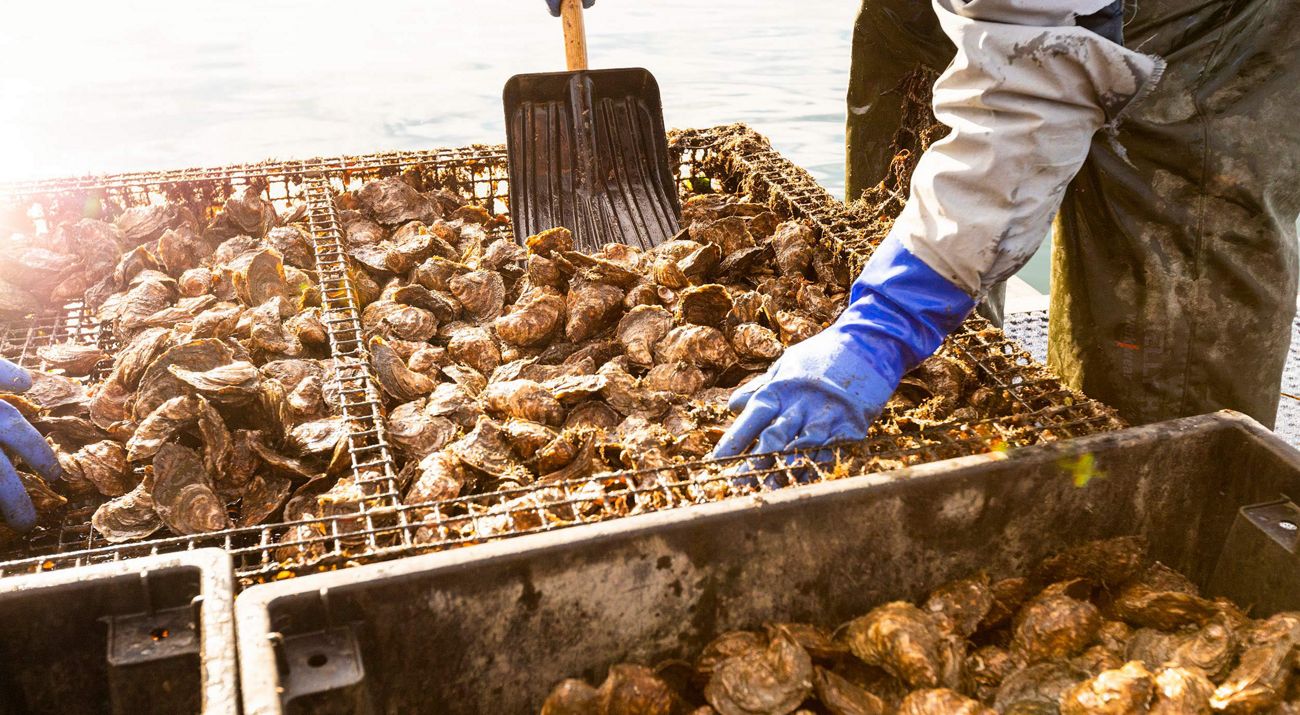Coast-to-Coast with Call Nichols
In August 2020, Call set out in his camper to travel our U.S. coastlines, recruiting members to the Shellfish Growers Climate Coalition along the way. In under a year, Call has added 100 new members to the coalition—and experienced firsthand the challenges and climate impacts facing the shellfish industry today.
Coalition Home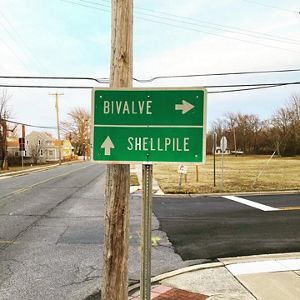
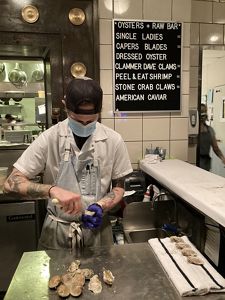
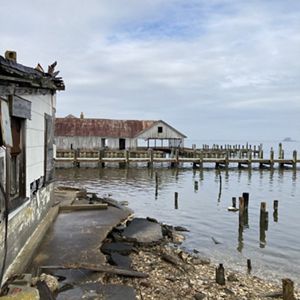
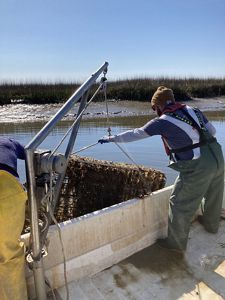
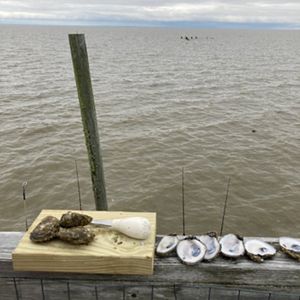
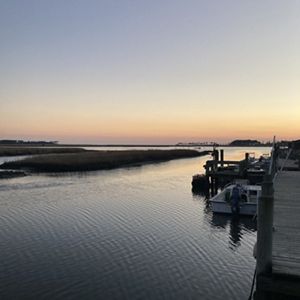
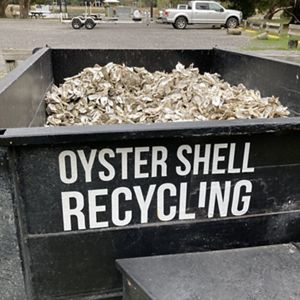
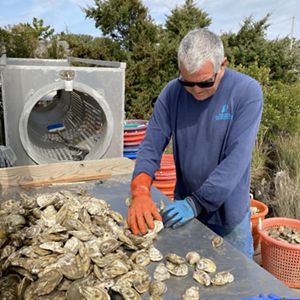
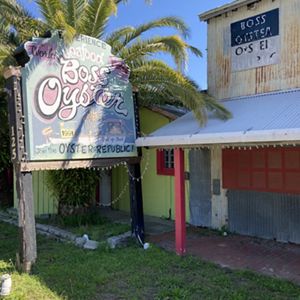
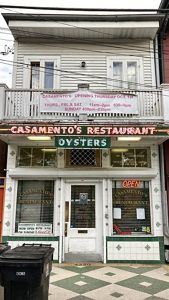
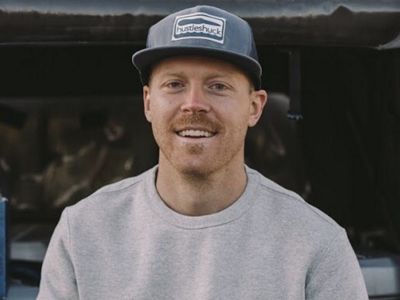
From farming to sales, ranch operations to hatchery management—if it’s related to the shellfish industry, chances are, oysterman Call Nichols has done it. His introduction to the Shellfish Growers Climate Coalition (SGCC) came when he joined in our efforts on Capitol Hill to speak to Congressional representatives, advocating for swift climate action and sound climate policies.
We sat down with Call to learn more about his story, the climate challenges the shellfish industry is experiencing and the pros and cons of living out of a van for nearly a year.
As an experienced oysterman who’s played a number of different roles in the shellfish industry and worked for some of the most prominent oyster farms on the East and West Coasts, can you tell us a bit about your background? What brought you to shellfish, and what made you fall in love with the industry?
I first got into oyster farming because it seemed like a cool way to make a living working on the water and producing food. Since then, it’s been a snowball effect. The more I learn and the more people I meet, the more inspired and curious I get. I can’t say I knew it going in, but shellfish are in fact the key to human salvation—and that, in addition to the people, are what motivate me.
Days after graduating from Bowdoin College in Maine, I moved to a shed next to the hatchery at Fishers Island Oyster Farm. A few months earlier, I had sent a “cold call” email to the Malinowskis (the farm’s owners), which eventually turned into an invitation to work and live on the island. Most of what I know about the science and business of oysters I learned in that first year and a half on Fishers Island. It was the best crash course you could ever ask for- working on the farm or in the hatchery all day, asking questions over meals, and running through the library of shellfish books. In case Sarah or Steve read this, I won’t gush too much, but the Mals changed my life and set me on my course.
What brought you to the SGCC, and how did you end up on this recruitment tour for the coalition—setting out with a van and a plan and making your way across our coastlines?
Though the roots of my shellfish activism began at the Malinowski dinner table on Fishers Island, it was my experience with the Surfrider Foundation that helped me find my political voice and realize the importance of engaging in the democratic process.
My first experience with SGCC was representing Taylor Shellfish at the annual D.C. Fly-in in March 2020. I was struck by the diversity of the group and the enthusiastic receptions we got from our members of Congress. During one of his presentations throughout the week, SGCC instigator and oyster farmer, Bill Mook, suggested what the coalition might look like with 500 members. That was my lightbulb moment when I realized, “I could do that.” I saw the importance and potential of this group and wanted to get more involved.
Soon after that COVID-19 rocked the world. With an uncertain future and my D.C. experience fresh in mind, I thought about how I could make myself most useful. I had recently bought a van for weekend surf trips in Washington state and put together a proposal to hit the road on behalf of the coalition to grow membership and gather content. It took a few months to nail down the specifics as the pandemic unfolded, but we eventually reached an accord and I hit the road in August. In the following months I covered the West, East, and Gulf coasts—meeting with shellfishers of all stripes and growing coalition membership.


Join Our Coalition
If you're a shellfish industry business and care about acting on climate, click below.
Sign Me UpYou’ve visited members and prospective members on all U.S. coasts. What can you tell us about the differences in each region when it comes to perspectives on climate change and the firsthand impacts different businesses are seeing in different geographies? Are there common threads?
Though I had a pretty good sense of the challenges that the shellfish industry is up against, the diversity and universality of climate change impacts on shellfish livelihoods and communities in this country were astonishing. No place is immune and there are already so many places that have been lost; that can no longer support shellfish. It’s not theoretical, it’s real—and happening right now. We are living in the tipping point as we speak. That said, there are many more places that still support shellfish and people who are motivated to make sure they stay that way, which speaks to the urgency of the SGCC.
I learned pretty early on that trying to convince people of something was the quickest way to shut down any sort of productive conversation or relationship. I ended up doing a lot more listening and asking than telling. I think it’s critical to, when going blindly into a community with a different political orientation to meet people where there at. To do that, you have to get a sense of where they’re at, which is where the asking and listening comes in. From there, it’s all about establishing common ground. That’s the beauty of a group like SGCC. Reliance on shellfish, or even waterbound livelihoods more broadly, is a common experience that folks from very different backgrounds, places, political orientation share.
SGCC: What was it liking living on the road for almost a year? What are some of your most memorable moments from this recruitment effort?
Call: My number one priority traveling during a pandemic was to make sure I wasn’t making anyone uncomfortable or potentially spreading the virus. That, along with folks being rightfully concerned about keeping their businesses afloat, posed some challenges, but once I got into a groove I was blown away by people’s openness and generosity.
There are so many highlights, but here are a handful:
- In the Outer Banks I got one of the waves of my life after a day of swell chasing with a local oldtimer commercial fisherman who took to calling me “Climate Boy”. We didn’t have a lot in common politically, but we did share an intimate connection to the ocean through surfing and our livelihoods. I didn’t think he’d ever sign onto anything with climate in the name, but it’s those relationships that give me hope—realizing the common humanity we all share.
- Harvesting wild oysters from the pluff mud of South Carolina was a dream come true, and then seeing 4,000-year-old shell mounds in the same area gave me a perspective on how far back the human-shellfish relationship goes.
- Despite his best efforts, I somehow survived not one, but TWO rounds of Andy De Paola’s (of DePe’s Oysters in Alabama) signature G&Ts while fishing for red and black drum on one of the last remaining piers on Mobile Bay.
- Flounder gigging in the middle of the night with two strangers (now dear friends) in the Forgotten Coast of Florida is something I’ll never forget and hope to repeat soon. It also yielded one of the best meals of my life.
Traveling for a year in a van with no A/C or heat gives you a pretty good sense of the various weather extremes on this continent. From waiting out a snowstorm at a rest area in Massachusetts in January to sweating through most of my wardrobe in a day and fending off gnats by the thousands in Florida. The generosity of those I had the privilege to visit on this trip is something that I won’t forget. I could not be more grateful.
In your view, what makes the shellfish industry’s voice on climate action particularly powerful? How or why do you think this message resonates with people? What gives you hope?
I think the strength of this coalition is in its diversity. Folks from every corner of the continent— Alaska to Florida, Hawaii to Maine—and every conceivable background are living amidst unprecedented changes and making it known. What gives me hope is our common humanity. We build up so many layers of garbage—identity, expectations—around us, but when we strip some of that away, we can all connect on a deeply significant level. When this happens, we realize that we have far more in common than not.
People who are brave give me hope. People who care give me hope. Every member of this coalition is included in that.
Shellfish give me hope. They are resilient little creatures—as long as we give them the chance to be.
Shellfish have unique potential to create common ground between people that aren’t “supposed” to get along in this political climate. Shellfish check all the boxes—jobs, culture, ecological services—so the message can be adapted for a pretty wide audience depending upon what a particular group values most. Shellfish are also an indicator of how in balance we are (or not) with the planet. The idea of shellfish as the barometer for how well we balance human and planetary needs is both a reminder of our impact and —hopefully—an impetus for taking care of them. Because if we take care of them, they will take care of us.
